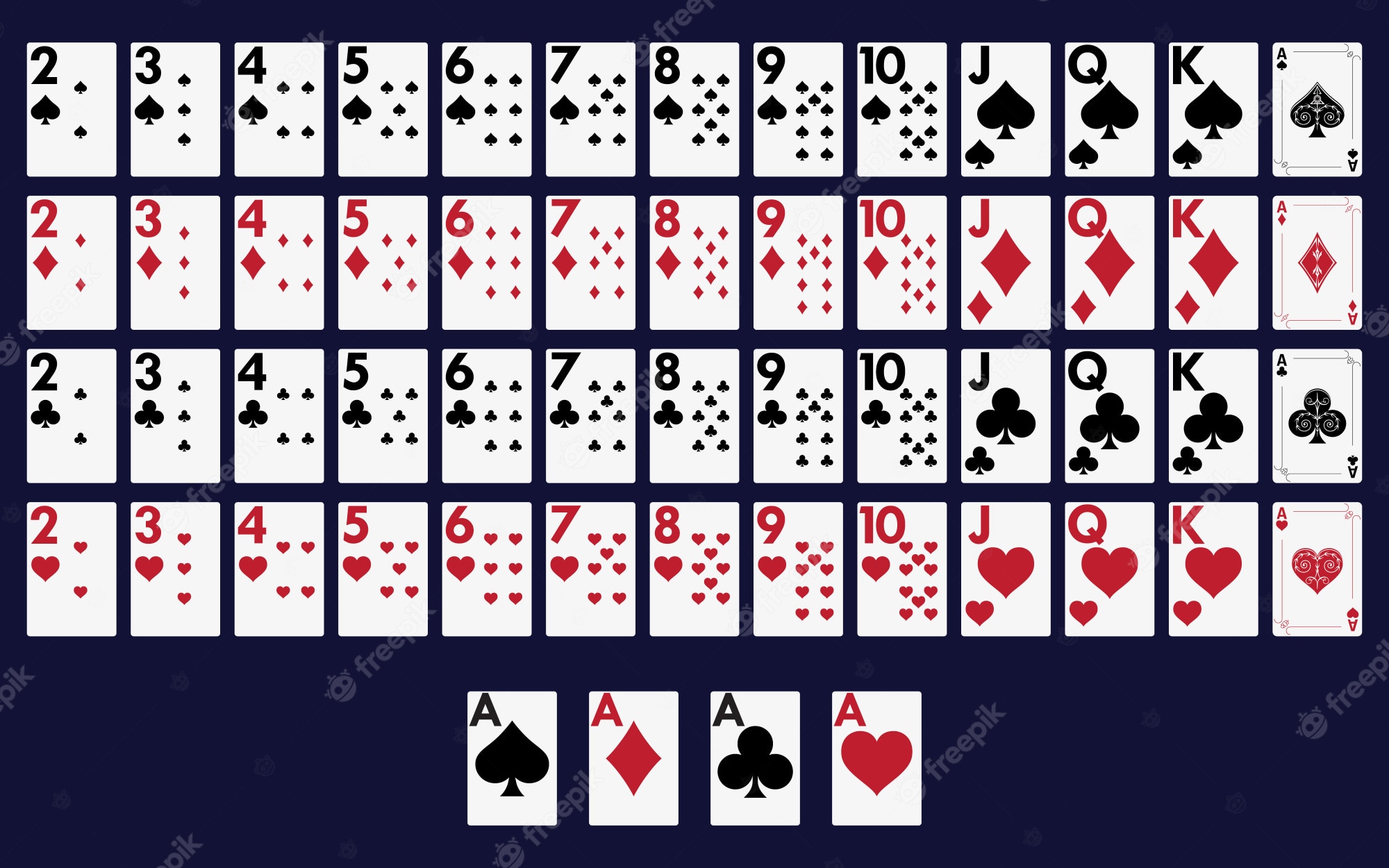
Poker is a card game played by two or more people. Each player places a bet in a round of betting, and raises or folds at their discretion. The highest hand wins the pot. The game is usually played with a standard deck of 52 cards, although some games use multiple packs or add jokers. Some games have wild cards that can take on any suit or rank.
A basic strategy for learning to play poker is to start at the lowest stakes and work your way up. This will allow you to practice your skills and improve without risking a large amount of money. It is also a good idea to study the game by watching other players, as this will help you develop your quick instincts.
Observe the betting habits of your opponents to get a feel for how they play poker. Some players are conservative and only stay in a hand when they have a strong hand, while others are aggressive risk-takers. This information can help you read your opponents and win more hands.
Position is extremely important in poker. A good position allows you to see most of the action before your turn, and makes it easier to spot bluffs. It is also easier to make value bets when you are in late position because the other players will likely have already folded their hands. It is also important to pay attention to the board and look for tells. A common tell is a player blinking rapidly or swallowing excessively. Other tells include a smile, a hand over the mouth, and an increasing pulse in the neck or temple area.
In most poker games, the first step is to ante up a small sum of money, which is then placed in the middle of the table. After this, the dealer deals everyone a card. Then the betting starts in clockwise order until a player opens and everyone else calls.
After the betting is done, each player can discard up to three cards and draw replacements. This is called “going to the river.” If you have a good hand like two kings and three spades, you should keep them. This will give you a flush and beat your opponent’s high pair or higher straight. You can also keep a pair and hope for a third king to make a full house. If you have a high pair and two fives on the board, you can also call a bet with this hand. However, be careful when trying to beat a high straight or full house because these hands are fairly easy to recognize and punish. Moreover, you must keep records of your gambling winnings and pay taxes on them. This is especially important if you are winning a lot of money, as this may affect your eligibility for certain tax benefits. Keeping accurate records and paying your taxes will ensure that you don’t face legal problems in the future.

